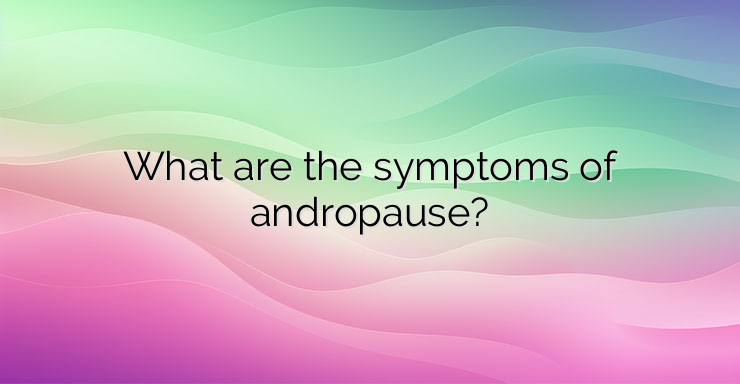The aging process of the body is accompanied by numerous hormonal changes, including a drop in sex hormone levels. In women, hormonal changes are dramatic, clinically pronounced and with clear dynamics. Men over the age of 65 also experience hormonal changes known as andropause, a state similar to menopause in women. In women, the cessation of menstrual cycles is a result of the sharp decline in female sex hormones in late middle age. In men, fertility is not affected, the decline in testosterone is not so steep, but rather smooth – by about 0.5% per year. It is precisely because of the smoother decline of testosterone that most scientists are opposed to the introduction of the term andropause or “male menopause”. Many of the symptoms associated with androgen deficiency are also associated with the normal course of aging, and a number of them appear even in individuals who do not have hypogonadism (reduced function of the gonads). A new study, the results of which were published in the New England Journal of Medicine, defines some of the criteria for hypogonadism or andropause in men. According to the authors of the study, the onset of andropause can be detected by the presence of sexual symptoms, such as reduced frequency of morning erection, decreased libido and erectile dysfunction, in combination with changing hormonal levels. In hypogonadism, a drop in total testosterone below 11 nmol/l and free testosterone below 220 pmol/l is observed. Scientists explain that a number of other non-sexual symptoms associated with the condition can be seen, but their presence is not always present. British experts are adamant that some symptoms, such as changes in sleep, poor concentration, anxiety and depression, considered to be indicators of hypogonadism are actually unrelated to reduced testosterone levels. According to the data of the present study, the prevalence of hypogonadism in men is 2.1%. The authors of the study are adamant that the results obtained by them and the new criteria for diagnosing andropause will prevent incorrect diagnosis and unnecessary administration of testosterone in the elderly. men.


Leave a Reply